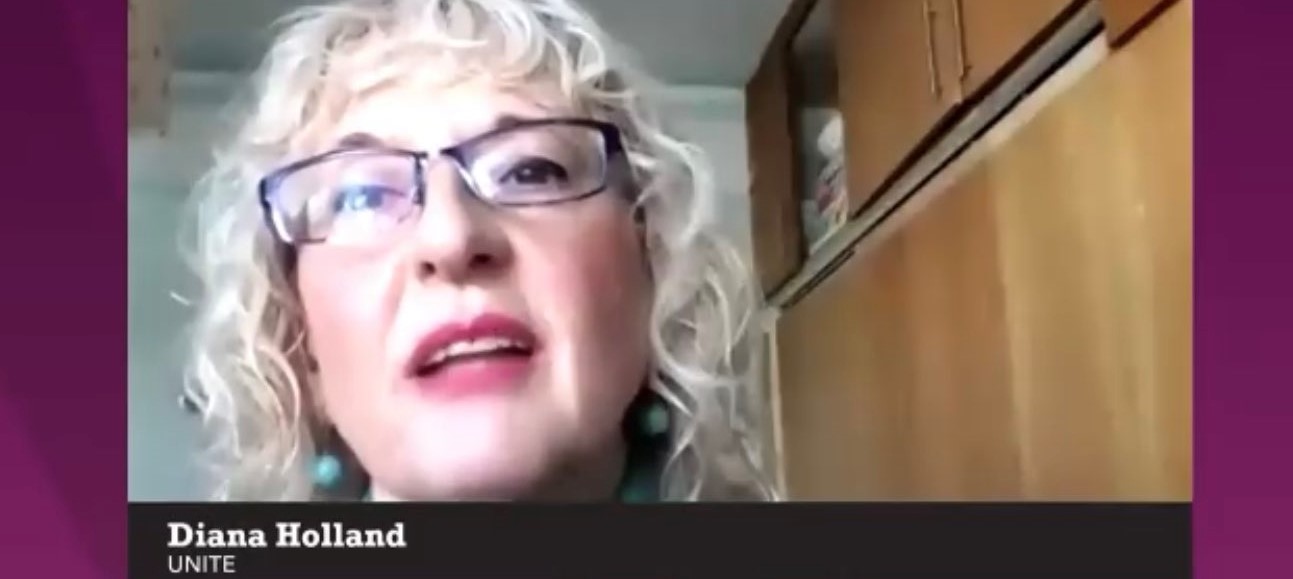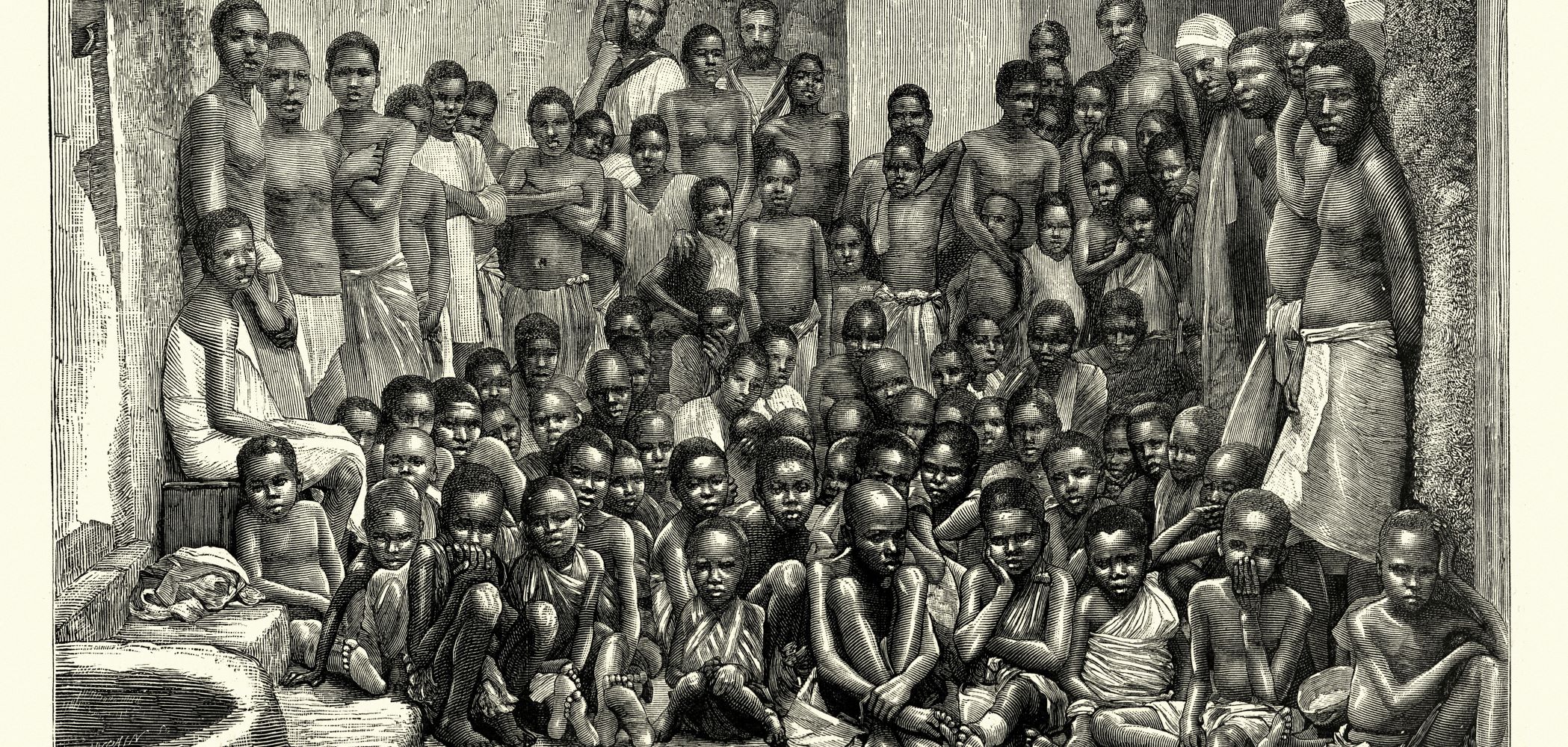Fair play?
As the season opens we ask is racism still an issue in UK football? And with only two black managers in the football league, Unite believes football must provide greater opportunity for BAEM workers.
The eradication of racism is one of the most pressing concerns in modern society.  It has developed a presence within many social structures including the workplace. It has also manifested itself in leisure pursuits -most clearly within professional football.
Racism is a concept that all members need to guard against. No person should have to be the subject of or overhear such abuse. Despite improvements, instances of abuse in the workplace can still occur.
A recent TUC poll made up of more than 1,000 BAEM adults living and working in Britain, found that 34 per cent has seen, or suffered, racist abuse since June 2015.
A fifth of those surveyed had seen or been a victim of a racial assault, the TUC said, while 41 per cent has heard racist opinions or remarks and 38 per cent have come across racist material online. Twenty-seven per cent of the people asked have seen racist leaflets, posters and graffiti.
In an effort to increase the diverse nature of the workforce across the English leagues, clubs must now include at least one suitably qualified BAEM candidate on the interview shortlist if such an application is received.
Despite this initiative, the pool of first team managers is only two deep (Chris Hughton and Keith Curle.) Â The latest percentage of black coaches stands at 4.1 more. These are specifically three first team assistant managers, five first team head coaches, four reserve/development team head coaches, three under-18 lead coaches and two youth academy directors.
These figures are despite the â€Rooney Rule’ being enforced. The rule although bringing opportunities for black managers, could mean that applicants are being interviewed for a position based on the colour of their skin rather than on merit.
Urgent action call
Unite’s national officer for equalities, Harish Patel, urges football clubs to take urgent action to address the under-representation of black managers in football.
He says, “The BAEM community are passionate about football and many are lifetime supporter holding season tickets. It is therefore important that football clubs look at bringing talent into the sport to reflect the support they get from the community. There are many experienced people from the black community who are capable of becoming manager if they are given the opportunity.
“Clubs need to look at organisation such as Show Racism the Red Card to work towards resolving the deficit currently identified in football clubs,” he added.
Like all workplaces, football strives to eradicate racism from the game. Facilities are in place for fans to police themselves and report incidents of a racist nature that may otherwise be unnoticed.
A mobile application introduced by anti-racist football campaigners, Kick it Out, is an anonymous reporting facility. Despite tireless work of organisations such as these, unsavoury incidents such as the episode involving Chelsea fans and the Paris Metro still, occur – a stark reminder efforts must continue to be made to remove racism.
Figures produced by the Home Office indicate that the number of racism related arrests made at football grounds has remained encouragingly low compared to other types of disorder whilst this is an encouraging start the spikes in numbers indicate more needs to be done.
Show Racism the Red card is an anti-racism educational charity.  It aims to combat racism through enabling role models, who are predominately but not exclusively footballers, to present an anti-racist message to young people, a vital role. Their tireless work – and that of similar charities – throughout the game is helping authorities stamp racism out. http://www.theredcard.org
Punishments
Instances of on-pitch racism between players, punishments are robust. The FA issues lengthy bans to perpetrators.  Organisations such as Show Racism the Red Card and who provides education aimed at young people and adults schools and the workplace and events at football stadiums and who Unite actively supports and promotes within the regions. Show Racism the Red Card campaigns encourage the use of high profile players.
These incidents are witnessed by the millions of people watching a televised Premier League match and amplified by the media.
This should not obscure the fact that many more incidents occur that are not witnessed in public. Nobody should have to witness such behaviour under any circumstances. This instance can happen anywhere and in all walks of life, equality and diversity are key values of Unite and must be promoted at every turn.
Despite the significant progress that has been achieved by educating supporters about racist chanting and behaviours more steps need to be taken to educate clubs about inclusion internally to ensure that the overall staffing levels within clubs are more diverse and reflective of most modern day workforces.
This effort must be continuous. Only then can it be said that football is all-inclusive as it should be.
 Like
Like Follow
Follow


